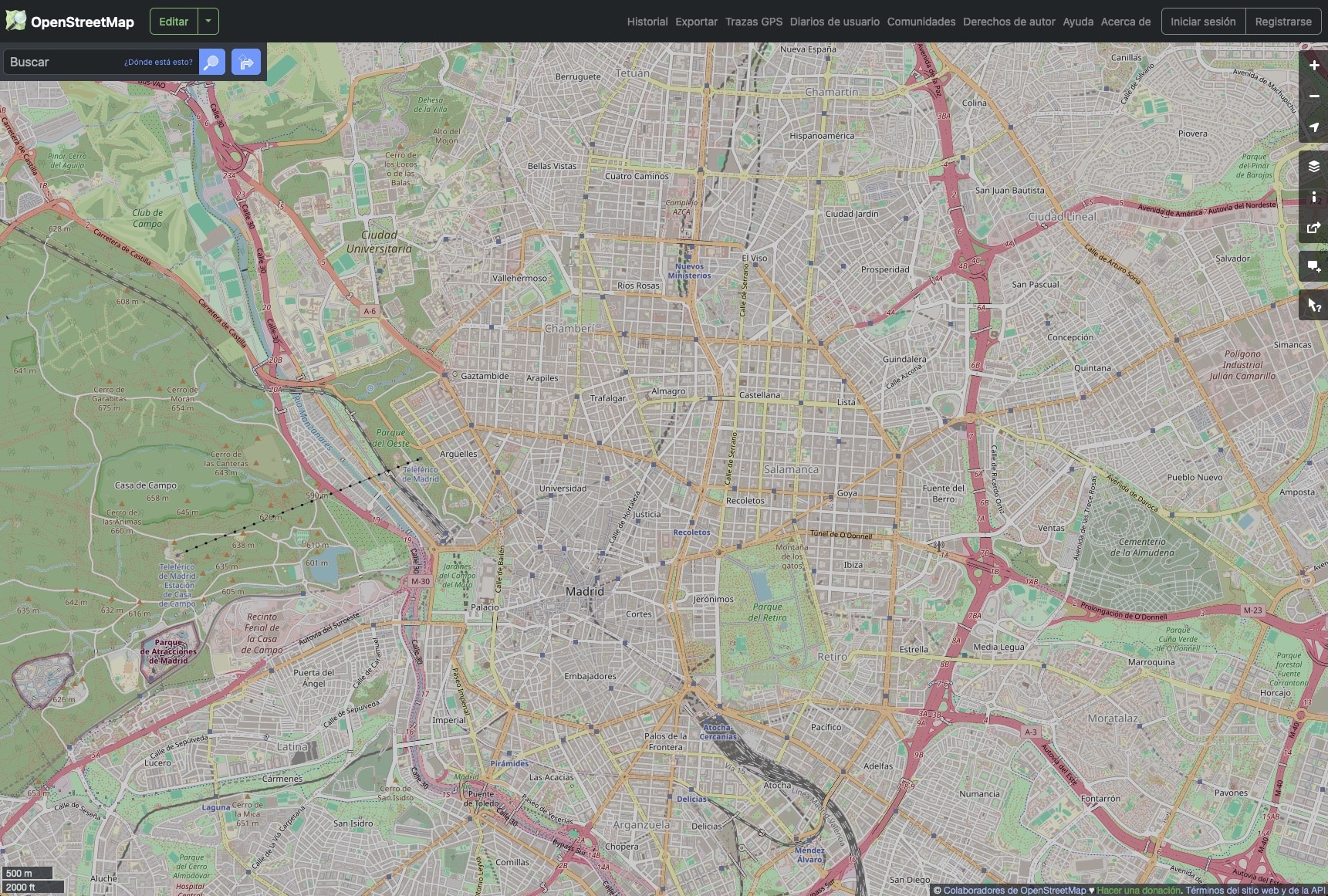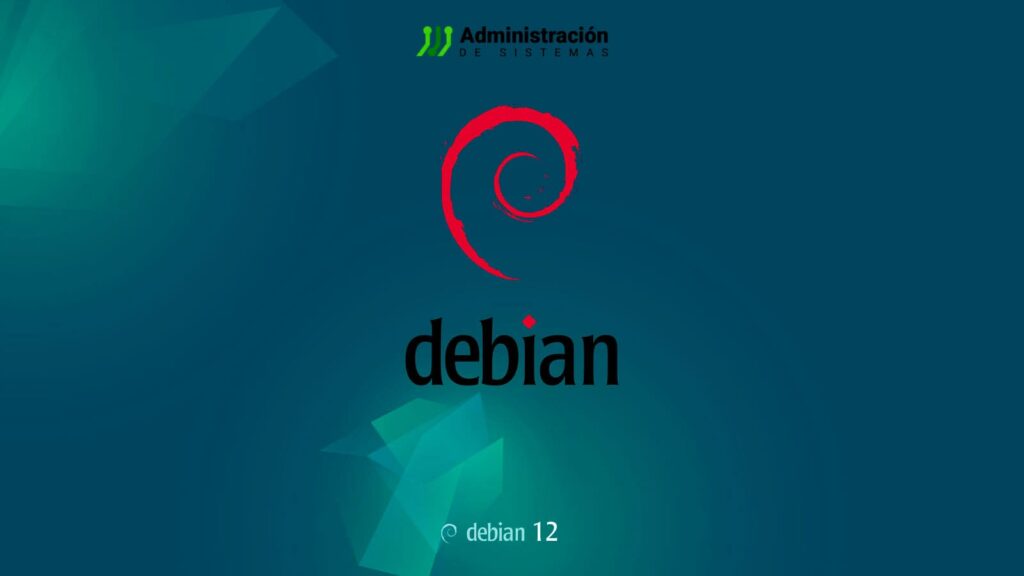After 18 years of running on the Ubuntu Linux distribution, OpenStreetMap, one of the world’s most important mapping projects, has taken a significant step by migrating its infrastructure to Debian 12 (Bookworm). This change, driven by the need to maximize hardware performance and resolve kernel-specific issues, marks a milestone in the project’s evolution as it seeks to strengthen its platform for its millions of users and contributors.
A strategic shift toward stability and performance
According to Grant Slater, Senior Site Reliability Engineer for the OpenStreetMap Foundation, the decision to migrate to Debian was fueled by the need to improve performance on systems using NVMe storage. Earlier kernel versions (6.0 to 6.6) had severe I/O performance issues, prompting the team to look for solutions in newer kernels available through Debian. “On Debian 12, we were able to install a backport kernel and effectively resolve the performance issues,” Slater noted.
Additionally, the transition aligns with OpenStreetMap’s philosophy of collaborating more closely with Debian package maintainers, who have extensive expertise in tools like osm2pgsql and osmium-tool, which are integral to the project. This collaborative approach ensures that critical issues are addressed quickly and effectively.
A gradual and controlled migration
The migration process, initiated in August 2024, has been largely managed through automated code. By leveraging tools like Test Kitchen and inspec, the OpenStreetMap team tested and fine-tuned its infrastructure before implementing changes on production servers. While some services still run on Ubuntu, the full transition will be completed gradually, aligning with hardware upgrade cycles.
One notable adjustment involved switching from netplan (the default in Ubuntu) to systemd-networkd for network interface management. This change ensures consistency between configurations across Debian and Ubuntu-based systems. The network setup, including 802.3ad interfaces for redundancy and VLANs for traffic segmentation, has been standardized to ensure stability and reliability.

Performance gains and new opportunities
The migration has also enabled OpenStreetMap to update its technology stack, including upgrading the Ruby version powering its web platform from 3.0 to 3.1. This update facilitated the adoption of newer versions of Ruby on Rails, improving performance and responsiveness.
Slater highlighted that using Debian provides greater flexibility, including the ability to leverage Debian Backports for accessing newer features when necessary. OpenStreetMap has also started managing custom package repositories using tools like aptly, with plans to further streamline workflows in the future.
The importance of OpenStreetMap and Debian in the tech ecosystem
OpenStreetMap’s migration to Debian underscores the significance of both projects in the open-source technology landscape. While OpenStreetMap remains a vital tool for global collaborative mapping, Debian continues to demonstrate its value as a reliable, stable, and highly adaptable Linux distribution.
This success story highlights the importance of collaborations within the open-source community, where close interaction between developers, maintainers, and end-users can make a significant impact in solving technical challenges and building more robust platforms.
A promising future for Open Mapping
The move to Debian represents a major step forward in OpenStreetMap’s ability to provide an optimized experience for its growing community of users. It also underscores the importance of maintaining sustainable infrastructures rooted in open-source principles, ensuring technological projects can evolve independently of large tech corporations.
With this upgrade, OpenStreetMap reaffirms its commitment to innovation and paves the way for new opportunities for collaboration within the global open-source community.
Vía: Bits Debian

